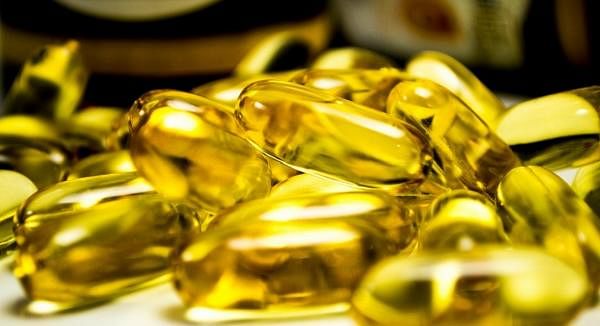Faster Information Processing in Teenagers with Higher Omega 3
Why you can trust Nutri Advanced Every article on our site is researched thoroughly by our team of highly qualified nutritionists. Find out more about our editorial process.
A study published in the journal, Nutrients has found that higher blood levels of omega 3 fatty acids may have a positive impact on information processing speeds in teenagers.
This latest double-blind, randomized placebo controlled trial involved 266 Dutch teenagers between 13 – 15 years old and was led by Inge van der Wurff from the Open University of the Netherlands. The researchers used blood samples to calculate the omega 3 index (a measure of fatty acid status) of each individual, and cognitive performance was measured via a series of tests.
The researchers found that the average omega 3 index was relatively low at 3.83%.
“The omega 3 index in this sample was relatively low (well below the recommended range of 8-11%). The low omega 3 index in this sample is no surprise since 13.9% of the students did not consume any fish and 77% consumed fish rarely, as measured by the fish consumption questionnaire.”
The researchers found a higher omega 3 index to be associated with higher Letter Digit Substitution Test (LDST) scores and fewer errors on a test which measures selective attention.
The researchers wrote,
“Students with a higher omega-3 index had fewer errors of omission on the D2 test of attention, an indicator of inattention/impulsivity (i.e. they paid more attention than students with a lower omega-3 index). One thing is for certain: the children in this study need to increase their EPA/DHA intake, if not for cognitive reasons, then for cardiovascular reasons. Their Omega 3 Index scores are way too low.”
This study highlights the importance of omega 3 fatty acids for cognitive function, and also the worrying fact that omega 3 levels on average are too low in this group. The study was carried out on Dutch teenagers, but it is fairly likely that similar results would be found in the UK. Omega 3s are found in high amounts in nuts, seeds and oily fish – all food types which are not commonly consumed as part of an average Western diet.
Ongoing supplementation with a high quality fish oil is a great way to ensure optimal intake and that daily needs are always met.
Source:
Van Der Wurff, I.S.M. et al. Association between blood omega-3 index and cognition in typically developing Dutch adolescents. Nutrients 2016, Volume 8, Number 1, 13 doi: 10.3390/nu8010013
This website and its content is copyright of Nutri Advanced ©. All rights reserved. See our terms & conditions for more detail.
Nutri Advanced has a thorough research process and for any references included, each source is scrutinised beforehand. We aim to use the highest value source where possible, referencing peer-reviewed journals and official guidelines in the first instance before alternatives. You can learn more about how we ensure our content is accurate at time of publication on our editorial policy.
Most Popular Articles
-
7 Surprising Ways To Support Your Magnesium
If you are displaying signs of a magnesium deficiency, here are 7 ways to boost your magnesium levels that are easy to incorporate into your daily life. -
5 Best Vitamin C Supplements Picked By Our Experts
Learn more about the different types of vitamin C, the different benefits you get from different types, and what you get for spending more on a good supplement. -
Top 5 Vitamins For Energy And Tiredness Picked By Our Experts
The 5 best and most important vitamins for energy & tiredness including B vitamin food sources & best supplement forms for energy. -
Benefits of Myo-Inositol for Polycystic Ovary Syndrome (PCOS)
In this research review article, we take a closer look at a lesser-known natural compound called myo-inositol that has been found to have significant potential to improve many of the prevalent features of PCOS. -
Top 10 Reasons to Give Your Kids Omega-3
Read the top 10 reasons that kids should have plenty of Omega-3- an essential fatty acid- including for depression, brain function, sleep & reading/maths skills.











